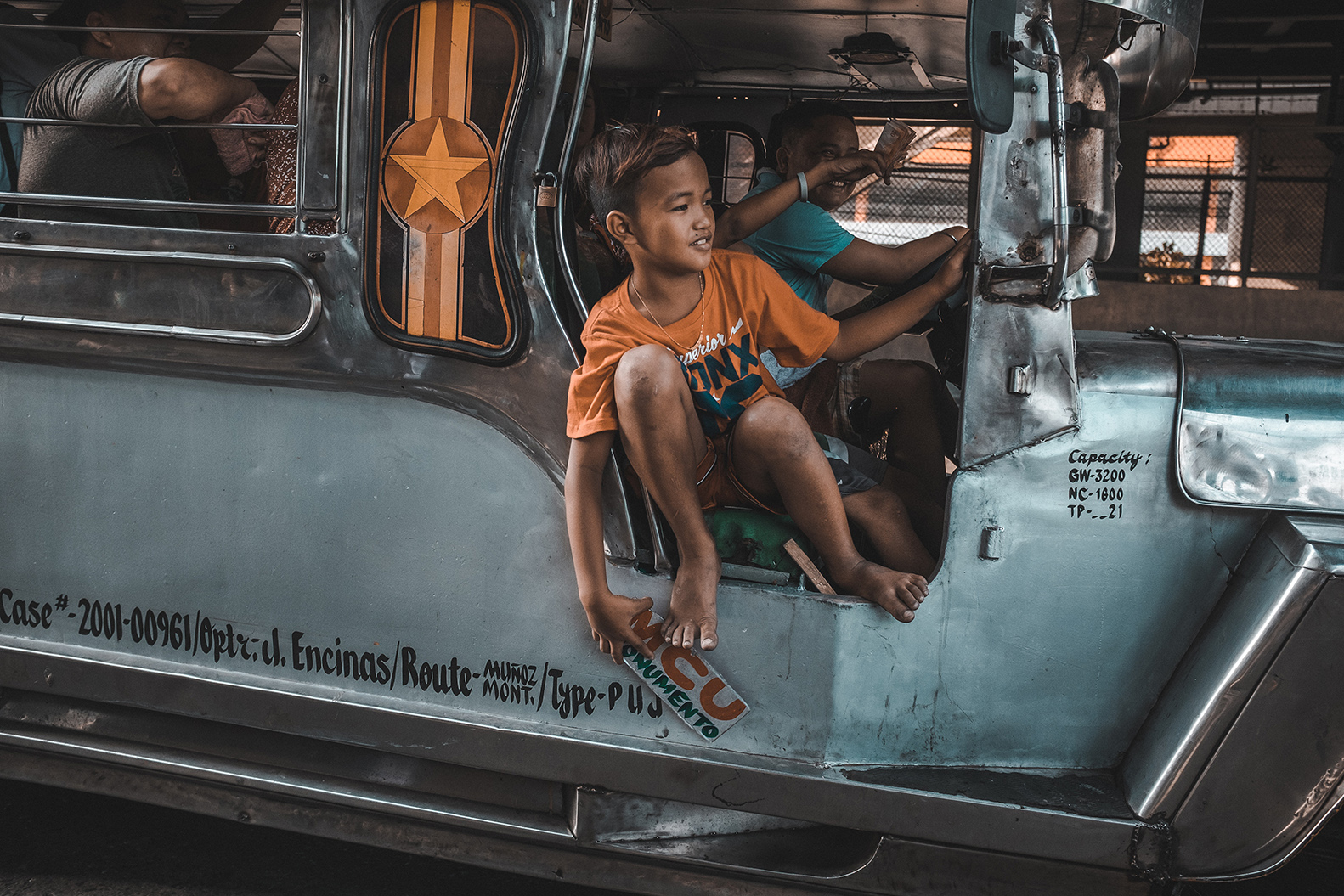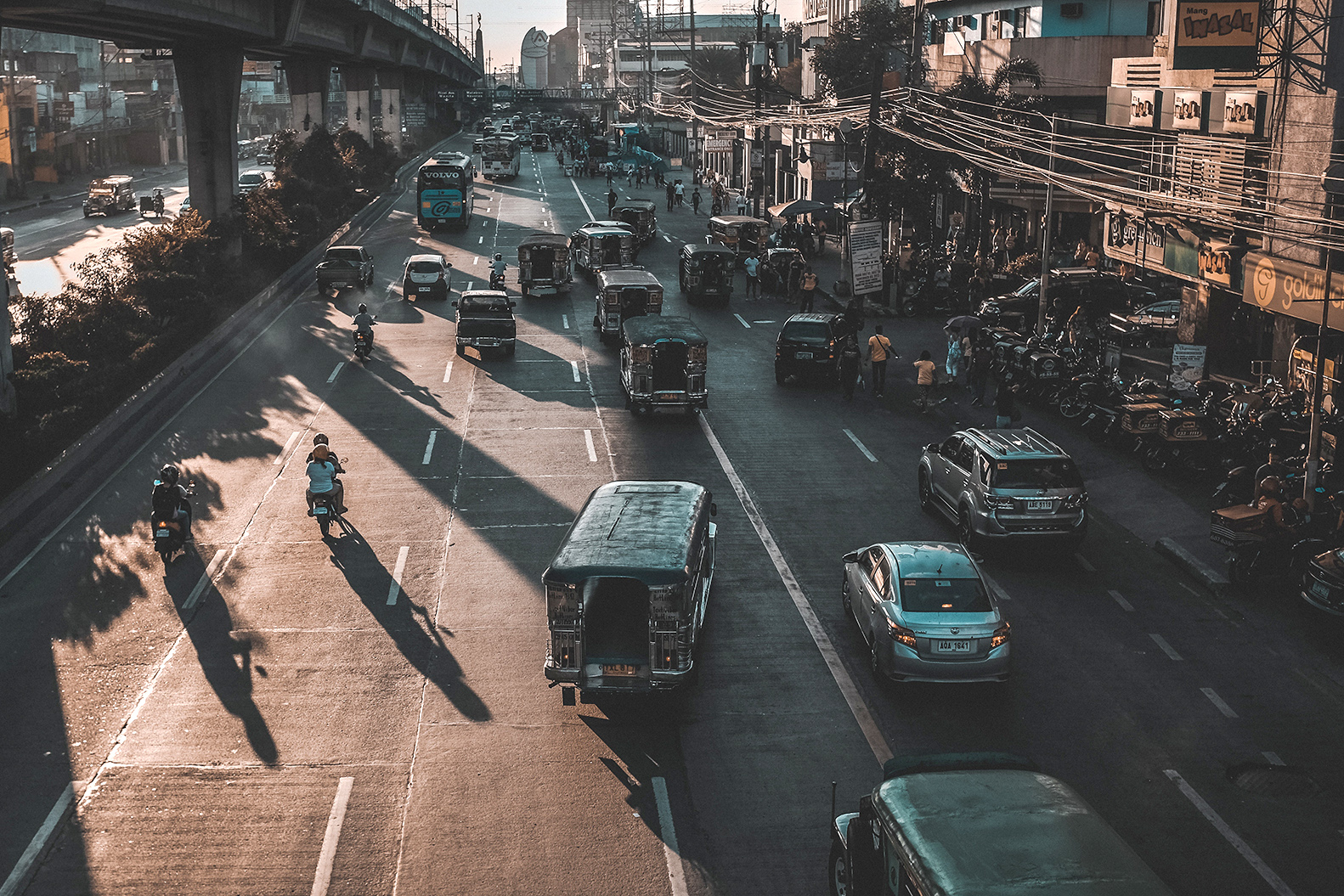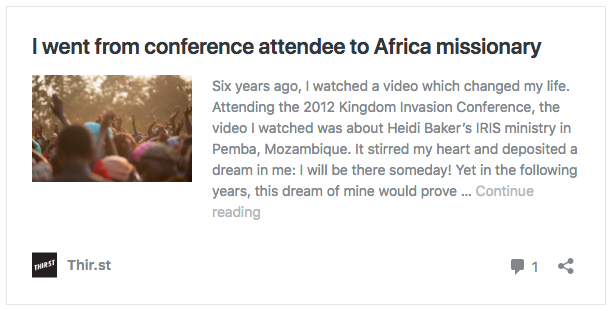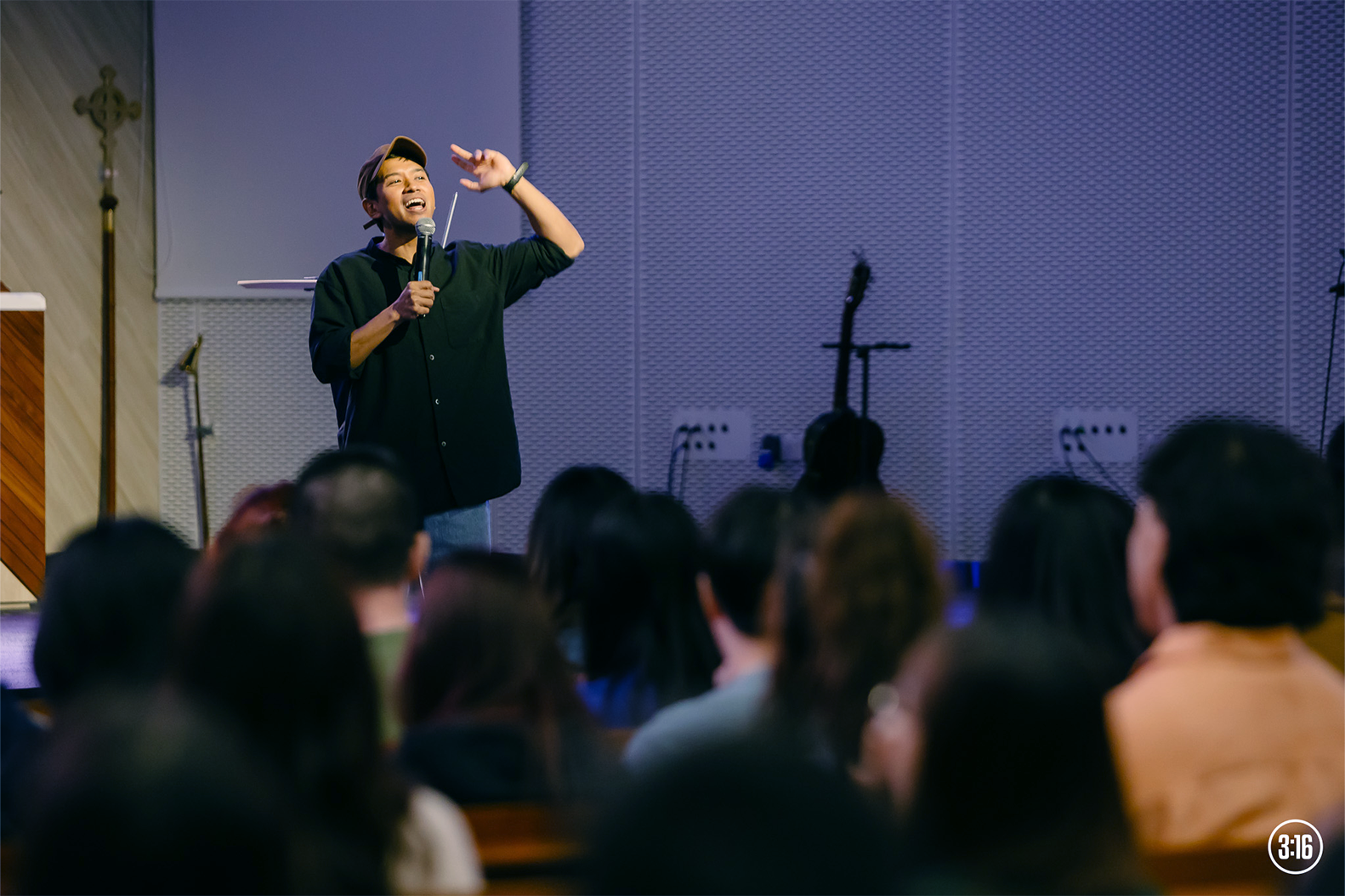Recently, I went for a three-week-long graduation trip.
I had wanted to go to Perth for a nice holiday. Four years of university education was pretty hectic so I thought Australia would be a nice of pace. I have friends residing there, the presence of a church community – it seemed like a great place to rest.
But I still felt unsettled about the plan. Strangely, that idea did not sit very well with me.
That was when I suddenly thought, “Why not do the longest mission trip I can afford?”
As I planned for the trip, it dawned on me that I had actually prayed for an opportunity to do missions for a period after I graduated. With the help of a friend, I liaised with an organization called Dawn For The Poor that ministers to the urban poor in the Philippines.
So my mission trip began. Like every budding mission tripper, I desired to leave a huge impact wherever I set my foot on. Share the Gospel, heal the sick, huge number of conversions, wham!
But as it turned out – the next three weeks were not without struggle.

I found myself facing a lot of cognitive dissonance from the culture shock of my mission trip.
I had brought my perspective and model of a Singaporean church to the Philippines, only to find that it just wasn’t fitting or appropriate for the urban poor.
The poor do not need to spend the money they have travelling to a huge, beautiful building with state-of-the-art equipment. What they need is fellowship within their community right where they lived. After all, the church is the assembly of God’s people – it doesn’t necessarily have to take place inside a big building.
The house-church model has been employed for many years and it has worked well for the people there – five to six people gathered in a small house. But even though the houses were small, the hearts of the people weren’t.
… the church is the assembly of God’s people – it doesn’t necessarily have to take place inside a big building.
I realised that the Christian life, though centred on a singular, unchanging Truth, expresses itself differently in varying cultures.
With the differences in the sociological, economical and spiritual climate, I found myself having to unlearn what was previously ingrained in me to learn a new culture and way of life.
We become irrelevant if we fail to adapt. Worst case scenario: We risk offending or hurting the people unintentionally. I made some mistakes over there but thankfully the people were very gracious!

The urban poor face many struggles. Sitting within the infamous Ring Of Fire, the Filipinos are no strangers to natural disasters. For some, a flood or earthquake can mean losing their livelihood.
Family dysfunction is also a pervasive issue among the poor. For many families, fathers are either absent or abusive, producing at-risk youths who see little hope and purpose in life, propagating the cycle of poverty and domestic violence.
And then there is a group of urban poor simply struggling for survival, fighting for their faith in a sovereign, faithful God.
How do we share the Gospel and help such people? Do we offer monetary resources, hoping that money can eradicate their existing poverty? Should we just give out tracts and invite them to a church gathering, praying that they will be receptive to the message?
I struggled with these questions because many of the stories I had heard were overwhelmingly tragic. Rather than answering my questions, the Lord redirected my focus to the example He has set for us.

“For you know the grace of our Lord Jesus Christ, that though He was rich, yet for your sakes He became poor, that you through His poverty might become rich.” (2 Cor 8:9, NKJV)
Jesus came to love and serve us at our level.
Far from residing in the realm of the lofty, the Son of God embraced humanity and came down to His creation. He dwelt among the people, spoke their language, ate with them and lived with them.
Both prostitutes and the Pharisees had access to Him. He did not choose to remain in palaces or places of the rich – He attended funerals and parties of the common people. He met people at where they were, physically and spiritually.
The end result? People came to know of the resurrected Saviour who came down to Earth to love and die for them.
Loving the people where they are meant I had to immerse myself in their culture.
A huge part of it involved learning the Tagalog language. I acquired an arsenal of conversational phrases with the aid of a Filipino friend. Little did I expect how crucial the act of speaking in my limited and grammatically crude Tagalog would be in building a relationship with them.
To the Filipinos, it was uncommon for a foreigner to indicate interest in their language – let alone attempt to speak it. We built bridges that way, and found it much easier to share the gospel and pray for them.
He dwelt among the people, spoke their language, ate with them and lived with them.
The Filipinos are also highly relational which translates to a culture of communal living. Relational boundaries are blurred as social spaces within the communities are often not clearly defined.
I’m quite an introvert, so I love my personal space. It was a huge step out of my comfort zone to be intentional with hanging out with them. But as I got out of my comfort zone to form new relationships with the people, God opened doors for us to share His love with them. Walls were broken as opportunities to minister healing and hope availed themselves!
In the midst of my struggles and questions, God worked powerfully during the trip.
Many people experienced emotional healing as they encountered the love of God. I met a young woman in college who wept upon hearing the love of the Father. The Father pursues His children relentlessly and to a generation facing an epidemic of fatherlessness, this was a life-changing truth.
The trip did not have flashy lights or loud music, but it was filled with earnest voices worshipping the Light of the World. There were no preachers in suits and ties, but a loving Father came to clothe the prodigal sons.
Jesus was referred to as the Word that was seen, looked at and touched (1 John 1:1). We cannot serve and love people from pedestals. We must meet people where they are.
The harvest is plentiful. We have this privilege to partner with God in missions to love our neighbour. We might not feel like we’re doing a lot, but let us do what God has called us to.
He has set an example for us to impact those around us – one person at a time.











